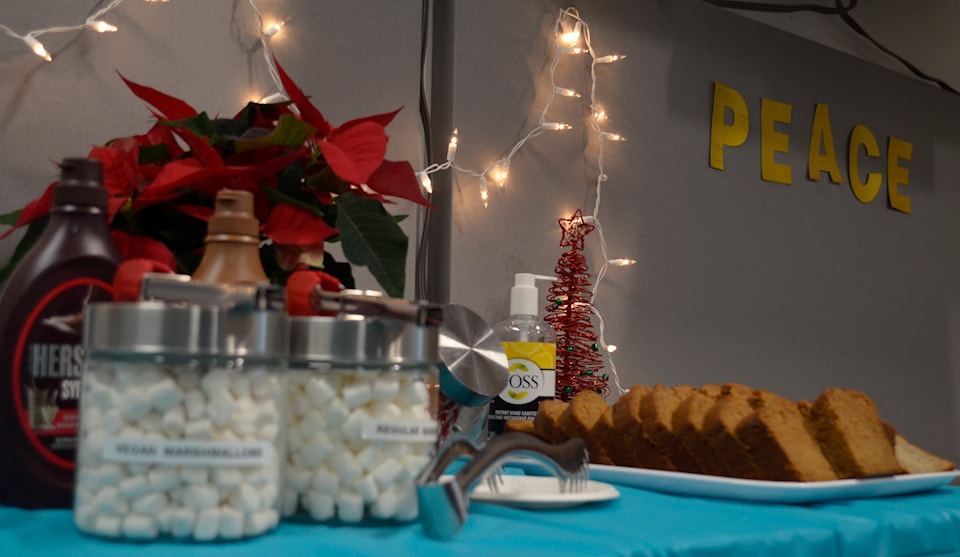Peter Rick, a registered dietitian and Red Seal Chef at Humber Polytechnic who’s been in the business for about 35 years, has great advice to keep in mind when cooking for the upcoming holidays this year.
Rick said factors including where food is prepared and the temperature it is being held, as well as washing hands between handling food have great impacts on preserving your food.
“Let's say in a garden, we grow squash. They would be probably fine for a few weeks, maybe a month," he said. "But, if we want to keep them [in] longer term, we would wash them, cut them up, peel them, and freeze them so we could keep them, you know, six months to a year.”
When it comes to cooked food, it's all about handling and storage, he said.
“It's more of the cross-contamination. What's on your hands? What's on your cutting board? What's on your bowl? What's on your knife? When it touches the food, you can contaminate things that way,” Rick said.
Storage temperature has an impact on its preservation.
“The overarching thing is, microbiology likes to grow at room temperature in that kind of zone,” he said.
“Bacteria love to grow between 40 degrees Fahrenheit and 140 degrees Fahrenheit,” Rick said.
When cooking food, he said it is good for it to reach 165 F, or about 74 C, as the chances of killing almost all bacteria and microbiology are pretty good.
Rick said it is important to store raw meat at the bottom of the fridge or freezer.
“So, you would put your chicken, your raw meats towards the bottom of the refrigerator and ready-to-use foods at the top. So, like a jarred salad dressing or, let's say, like a container of sour cream, you could put at the top,” Rick said.
Animal products tend to spoil faster than fruits.
“When you're handling animal products like butter (and) dairy, it would tend to be a little more hazardous than a fresh fruit,” Rick said.
“When they're less acidic, they tend to spoil quicker,” he said.
Keith Warriner, a Food Microbiology expert and professor at the University of Guelph who’s been working in that area for about 30 years, said in an email that meals tend to last up to five days when refrigerated.
“Anything with cream should be refrigerated and consumed within five days, again a safety issue,” Warriner said.
“This is due to the growth of pathogens such as Listeria monocytogenes. There are also spoilage microbes that can induce rancidity, sulphur odour and biogenic amines. There are no preservatives as encountered with processed foods,” he said.
He advises keeping meals frozen for about three months, as “spoilage here would be due to freezer burn and rancidity.”
It is good to consume the meal within two hours after it’s been prepared, and put it in the fridge after it cools down, Warriner said.
“Keep food in the refrigerator or above 63 degrees Celsius,” he said.
If one wants to make their vegetable last longer and save money, Rick advises people to buy vegetables at the store when they’re on sale and to freeze or pickle them to preserve them.
“Having low pH like in a fermented or pickled product extends shelf-life,” Warriner said.
Rick also advises buying canned fish like salmon, tuna, and sardines as they’re typically economical, can last longer, and are nutritious.
Furthermore, food preservation depends on the food itself, whether it is in good condition, not spoiled, properly washed, and sanitized, he said. Food preservation also depends on the way one handles it. It's important to wash hands between cutting meat and vegetables, and also wash the cutting board or use a different one to cut different types of food, Rick said.




